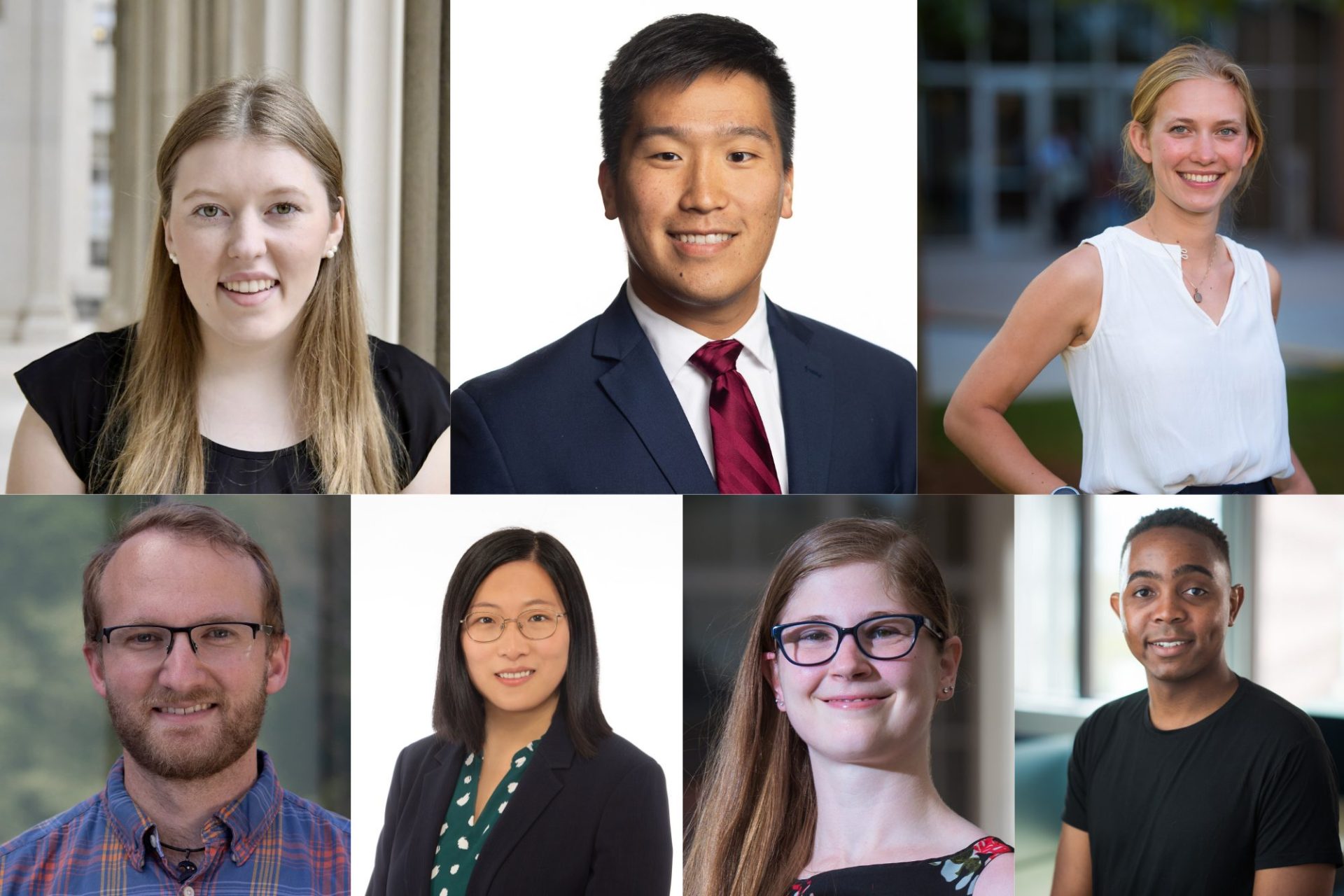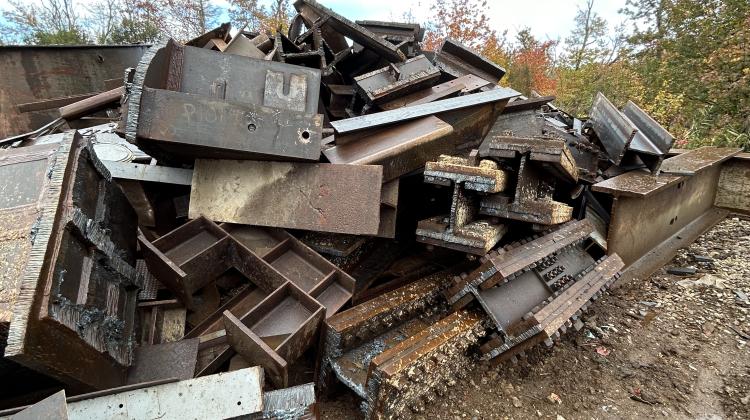Alumni panels foster networking, community, and career growth in MIT’s Department of Civil and Environmental Engineering

Alumni panels offer advice and insight into career paths for MIT Civil and Environmental Engineering students
The CEE Undergraduate Young Alumni Panel took place on October 9, 2024. Three former undergraduate students returned to CEE to share their experiences navigating life after graduation. During the panel discussion, students were able to submit specific questions and speakers shared their insight on topics such as obtaining an internship, transitioning from classwork to working in industry, and forging their own career paths.
Natalie Northrup ’22 was a Systems Engineering and Economics double major at MIT and now works as a Senior Energy Analyst at the Brattle Group. Her role focuses on decarbonization and electrification through the lens of energy market design, battery storage optimization, and asset retirement and development.
“I came to MIT actually knowing what I wanted to do and not what skills were going to help me get there,” Northup remarked. “I always knew I wanted to do something related to sustainability and climate, so Course One was an obvious first pick.”
Northrup suggested students identify their strengths, while exploring the kinds of questions that interest them. “I did an environmental engineering internship that made me realize I wanted to be on a more proactive side, so I started thinking about policy and planning.” This experience led her to double major in Economics.
Karissa Wenger ’23 followed the Mechanics and Materials track during her undergraduate studies and remained at MIT to complete a Master of Engineering in Structural Engineering. She now works in Boston as a Bridge Engineer at Arup, an international engineering consulting firm.
When discussing the transition from school to working in industry, Wenger highlighted the difference in predictability between the two. “As an undergrad I got into a rhythm,” she said. “In the working world things pop up that need to be completed in two hours. You have to be more flexible about how your day is going to look, and it keeps you on your toes a little bit more.”
After graduating from MIT with a Systems Engineering degree, David Wu ’19 worked as a Senior Data Scientist for the United Parcel Service (UPS). Recently, he has returned to MIT as an MS and MBA Candidate in the MIT Leaders for Global Operations (LGO) program.
Wu quickly advanced to the role of Senior Data Scientist within two years at UPS. He recognized that pursuing a master’s degree, with a focus on AI, could enhance his career potential. “I applied to the MIT Sloan deferred admissions program my senior year because I always thought that I would head towards management. I think if you are looking at career progression it’s a little bit harder, especially in the field of data science, to not have an advanced degree.”
The CEE Graduate Alumni Panel, held on November 5, 2024, featured four alumni with diverse research backgrounds and career trajectories.
During her time at MIT, Manxi Wu MS ’17, PhD ’21, worked under the supervision of Professor Saurabh Amin. She went on to work as a Postdoctoral Researcher at University of California, Berkeley in the Department of Electrical Engineering and Computer Sciences. Currently, she is an Assistant Professor in the Operations Research and Information Engineering Department at Cornell where her research focuses on developing methods in game theory and optimization, with applications to urban systems.
Wu encouraged audience members to explore seminars aligned with their research interests during their graduate studies. “It’s a good way to know how other people think, what they care about, and see how people effectively present their ideas and research,” she said.
Andrew Feldman PhD ’21 worked with Professor Dara Entekahbi using NASA’s Soil Moisture Active Passive (SMAP) satellite retrievals of soil moisture and vegetation water content to understand how water moves through the soil plant continuum following rainfall. He now works as an Assistant Research Scientist in the Biospheric Science Laboratory at NASA Goddard Space Flight Center and ESSIC at University of Maryland.
Feldman’s career aspirations evolved throughout his undergraduate and graduate studies. Initially wanting to be an engineering consultant, he shifted his focus towards research later in his undergraduate studies and chose to go to graduate school. “In academia, you are your own company,” he explained. He advised students that building trust with their respective research communities over time through careful research and communication is far more valuable for academic career growth than any metrics about publications or citations.
At MIT, Linda Seymour SB ’14, PhD ’21 studied unique characteristics of ancient materials, particularly durability mechanisms in ancient Roman concrete with Professor Admir Masic. Seymour is now a Project Consultant at Simpson, Gumpertz & Herger in Waltham, MA.
Seymour continues to use the techniques she learned during her PhD research in her current role. “The way that my research prepared me for where I am today is through being able to take an open-ended problem and break it down into tangible chunks that I know I can accomplish using the skills that I have,” she said.
Augustine Zvinavashe PhD ’21 is CEO of Ivu Biologics, a technology platform focused on extending shelf-life of fragile organisms in agriculture. During his time at MIT, he worked under the supervision of Professor Benedetto Marelli studying bio-inspired approaches to engineer the seed microenvironment.
“Starting to interact with people, seeing the benefits that we could provide and seeing the excitement is what encouraged me to start thinking more about entrepreneurship,” Zvinavashe said. He applied to MIT Sandbox, where he was able to start getting funding and network with other MIT students looking to build their own businesses.
The alumni panels showcased the diverse paths available to MIT graduates. From navigating industry challenges to advancing academic research, the insights shared by these alumni encourage current students to develop their skills, embrace flexibility, and leverage their time at MIT to explore new opportunities.
Share on Bluesky


